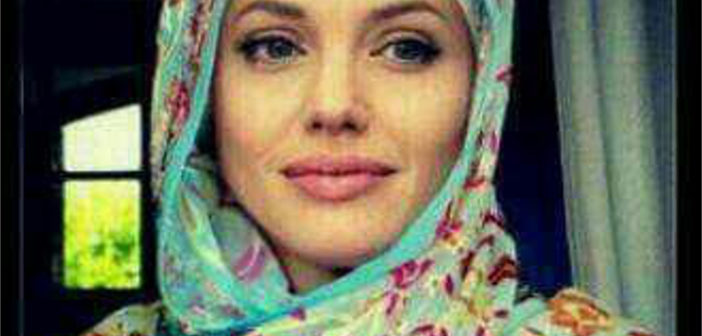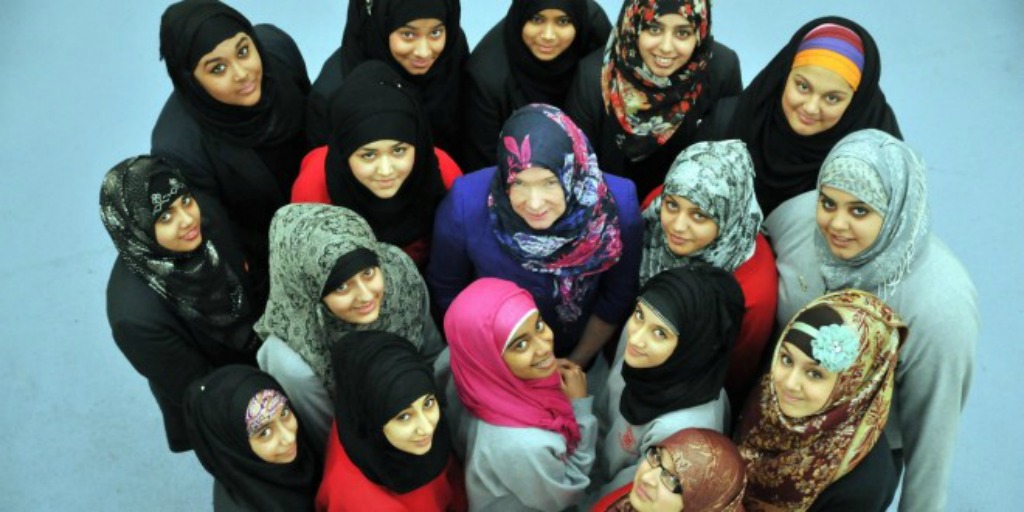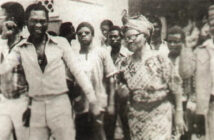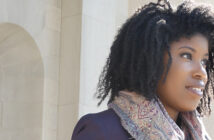A coalition of women groups under the aegis of Hijab Rights Advocacy Initiative has lamented what it called frequent discrimination, stigmatization and harassment of women over the use of hijab.
The groups, comprising Federation of Muslim Women Associations in Nigeria (FOMWAN), Al-Muminaat, The Criterion, Muslim Students’ Society of Nigeria (MSSN) and Guild of Muslim Professionals, decried the situation, on Wednesday, in Lagos, at a media briefing to mark the World Hijab Day.
The groups’ coordinator, Hajia Mutiat Orolu-Balogun, accused some government and private agencies in the country of involving in the discriminatory act which she described as an infringement on the women’s constitutional right. Orolu-Balogun, a lawyer, said despite their qualification, most women in hijab had been denied jobs and other opportunities.
She explained that women in hijab were also forced to expose their ears as well as their heads before writing Unified Tertiary Matriculation Examinations (UTME) or getting Bank Verification Number (BVN).
“Imagine being asked to take off your shirt or your trousers because you wanted to get your driver’s licence, or being told you would not be able to vote in the next elections because you wouldn’t bare your shoulders or show your cleavage in the picture on your voters card, or that you wouldn’t have access to the funds in your bank account because you refused to show your bare back in order to register for your BVN.
These, and worse, are what a Muslim woman who wears the hijab feels when she is asked to take off her hijab or expose her ears before she could be allowed her constitutional rights”, Orolu-Balogun said.
She described hijab as religious duty and an obligation on every Muslim woman in the observance of her faith, saying that it was not culture of Arabs or a fashion accessory that one might discard at will.
“The right to believe in and practise one’s chosen faith is an inalienable right of every human being, as entrenched in the constitution of the Federal Republic of Nigeria 1999 (as amended)”, she added.
Also speaking, MSSN Lagos State Area Unit President, Hajia Hafsah Badru, appealed to the media to demonstrate objectivity, fairness and accuracy in reporting cases related to use of hijab. According to her, asking a Muslim woman to remove her hijab is a form of violence against women. She said such should have no place in a progressive society like Nigeria.
In the United States, a special programme was organized in Phoenix on Wednesday to commemorate the World Hijab Day to show solidarity with Muslim women in Arizona and worldwide.
There’s now a World Hijab Day website, a Facebook page and, of course, in a social-media friendly universe there are also hashtags: #IStand4Hijab and #WorldHijabDay.
Both Christian and Muslim women at the event wearing the hijab as a sign of solidarity, friendship and understanding. The day was commemorated in several cities in the US. In Orange County, California, 450 women stood up or raised their hands in a cramped room at the Islamic Society of Orange County mosque in Garden Grove to mark the day.
Rida Hamida, president of the Arab American Chamber of California, Clergy and Laity United for Economic Justice and the Islamic Society of Orange County, held the event, hoping to bring solidarity while sharing a halal dinner and sharing stories during a panel discussion about the hijab.
Molly Veera, a 37-year-old Muslim activist from Palos Verdes who converted to Islam 16 years ago, said a woman can have her faith, wear the hijab and love America too. Veera, who wore a head scarf while speaking, says she usually only covers her head when she prays. Wearing a hijab, she said, is a choice.
“Like all faiths, Islam is not a monolith. I have Muslim friends who wear and don’t wear hijab for a variety of reasons,” she said. “The beauty of being a Muslim in America is that there is separation of church and state. My religious decisions are between me and God, as Islam intended it to be. America allows me the opportunity to be a Muslim in the fullest sense because of the freedom that I am allowed in this country.”
Lucy Silva, a Mexican American woman who converted to Islam 18 years ago, said she put on her hijab just two weeks before the Sept. 11 terrorist attacks.
On the day of the attacks, she said many women took off their hijabs for safety reasons and she followed suit at the behest of her family. “So I did for half a day. But then I thought, who am I trying to please, right? Is it people who are trying to hurt me or trying to say something bad to me?’” said Silva who lives in Garden Grove.
She then thought about God. “So it is an act of faith,” Silva said. “I did it for God and to this day I still continue to wear my hijab proudly. And I’m proudly American. I’m proudly Mexican and I’m proudly woman and I’m proud to be here as well.”





